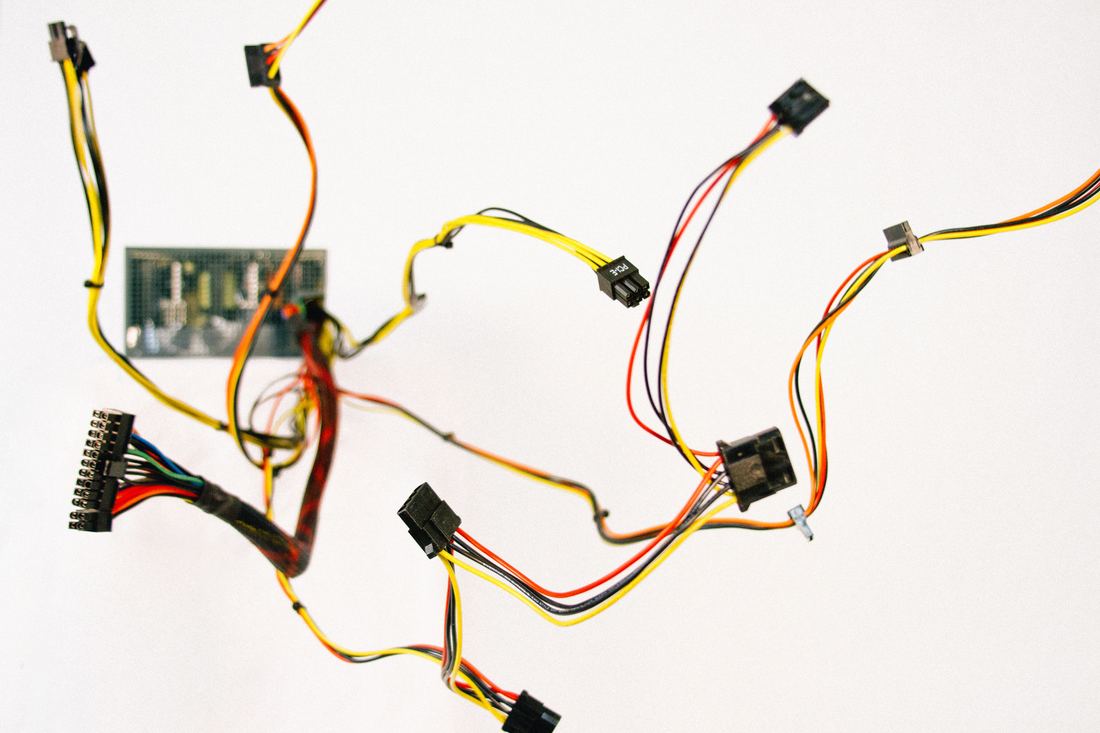This winter, I have been spending more and more time curled up inside, wearing my pajamas, snuggled up beneath the covers, with my cat close by, cuddled up with my... phone. Or computer. It just doesn't have the same ring as "cuddled with a good book", does it? And guess what? It doesn't feel as good either.
I have longed chalked up my tech habits as being normal and acceptable, but recently, I came across a definition of the word "addiction" that shook me. According to Psychology Today:
ADDICTION: A condition that results when a person ingests a substance (for example, alcohol, cocaine, nicotine) or engages in an activity (such as gambling, sex, shopping) that can be pleasurable but the continuation of which becomes compulsive and interferes with ordinary responsibilities and concerns, such as work, relationships, or health.
My tech habits causing me to stay up later, the blue light causing my body to produce less melatonin for deep quality sleep?
My tech habits that cut down on time in conversation with my husband as we eat dinner?
My tech habits that lure me away from a productive writing session, with promises of likes, comments, and correspondence?
It hits me. Whoa. I am addicted.
Like many of us, I can while away hours each day on my devices and at the same time feel frustrated that at the end of the day, I didn't have enough time for the things I want to do more of. Read, write, take a walk, cook, craft, hell, even just lay on my couch staring the ceiling. And while I often feel like it might just me me who gives away precious time on my phone, it turns out that it's most of us. According to Tech Crunch, the average American spends a whopping five hours a day on a mobile device. This might sound crazy, but on the days I've tracked my own usage with the Space app, and this number is not far off.
This 24/7 fight for our attention is not good for anyone, and I believe that it affects creative folks in a way that is particularly devastating. Where our civilization was once more conducive to drinking a cup of tea in a cafe unencumbered by emails, people watching as we walked through the city streets without the distraction of texting at the same time, and spending time in nature unbound by the panic to be connected, it's now harder than ever to swim against the attention stealing tide of technology and reclaim our time.
But hard does not equal impossible, and I've been heartened by research that examines how to break addiction and resist the temptation for instant gratification Particularly compelling are Walter Mischel's experiments with resisting temptation at Stanford University in the 1970's which involved groups of young children seeing if they could resist eating a single marshmallow that was put in front of them for a few minutes in order receive two marshmallows at a later time. The study shed light on our natural inclination to receive instant gratification as often as we can, as well as our ability to strengthen the ability to resist much like you would a muscle at the gym. The study went on to show, that strengthening this muscle (the children not eating the marshmallow) doesn't involve what we think of as classic willpower, but focuses on the successful strategy of distracting ourselves in some way in order to give the urge to eat the marshmallow (or check your email one more time) time to pass.
Based on this strategy, I've started experimenting with positive distractions that will help me cut down on the time I am spending on technology and gain a bit more autonomy over my mind, imagination, and creative energy. Being a baker, the clearest way for framing my observations came in the form of minute to minute substitutions. Here's what I found:
| 20 Minutes of Facebook Equals: |
|
It can be exhausting to think about the attention, mindfulness, and sheer will that it would take to do this for a day or a week. How would we then aim to live the rest of our lives with this kind of deliberateness? Again, enter psychology: the more often we commit to practicing a new habit, the easier it will stick over time and become less like pushing a boulder up a mountain and more automatic.
Your turn. I double digital dare you to set a timer for 20 minutes, and see what the act of paying attention to something other than your device does for you. It's easy to wish for more hours in the day, but the truth is, there are already more than we would know what to do with if we start being more proactive stewards of our energy. We only get one life and a finite amount of attention to invest in it. Let's power down our phones, and start spending our precious energy in a way that lights us up instead.

